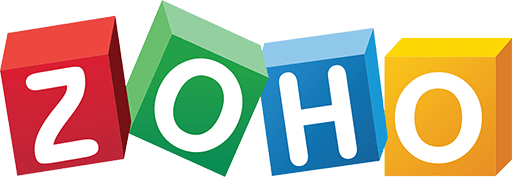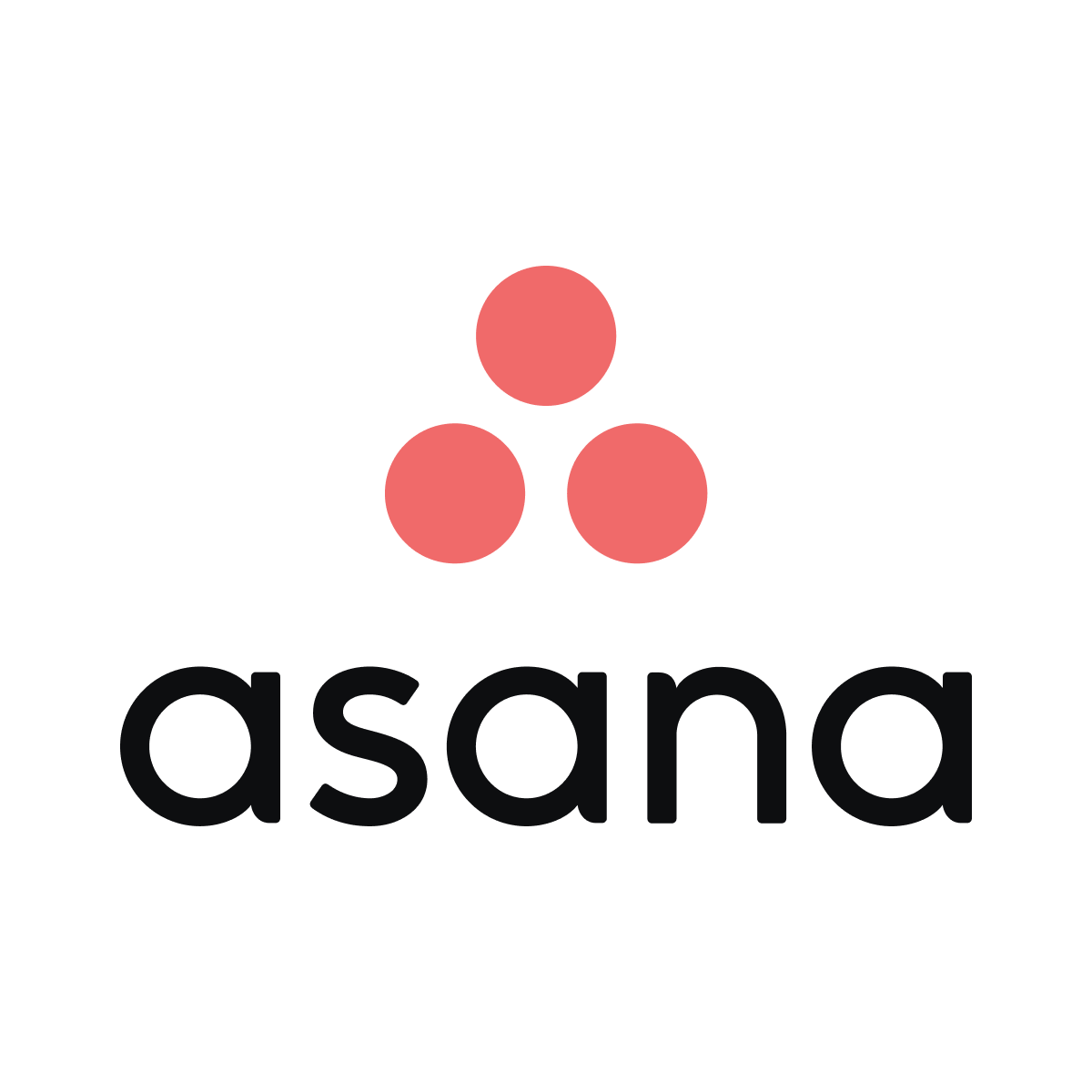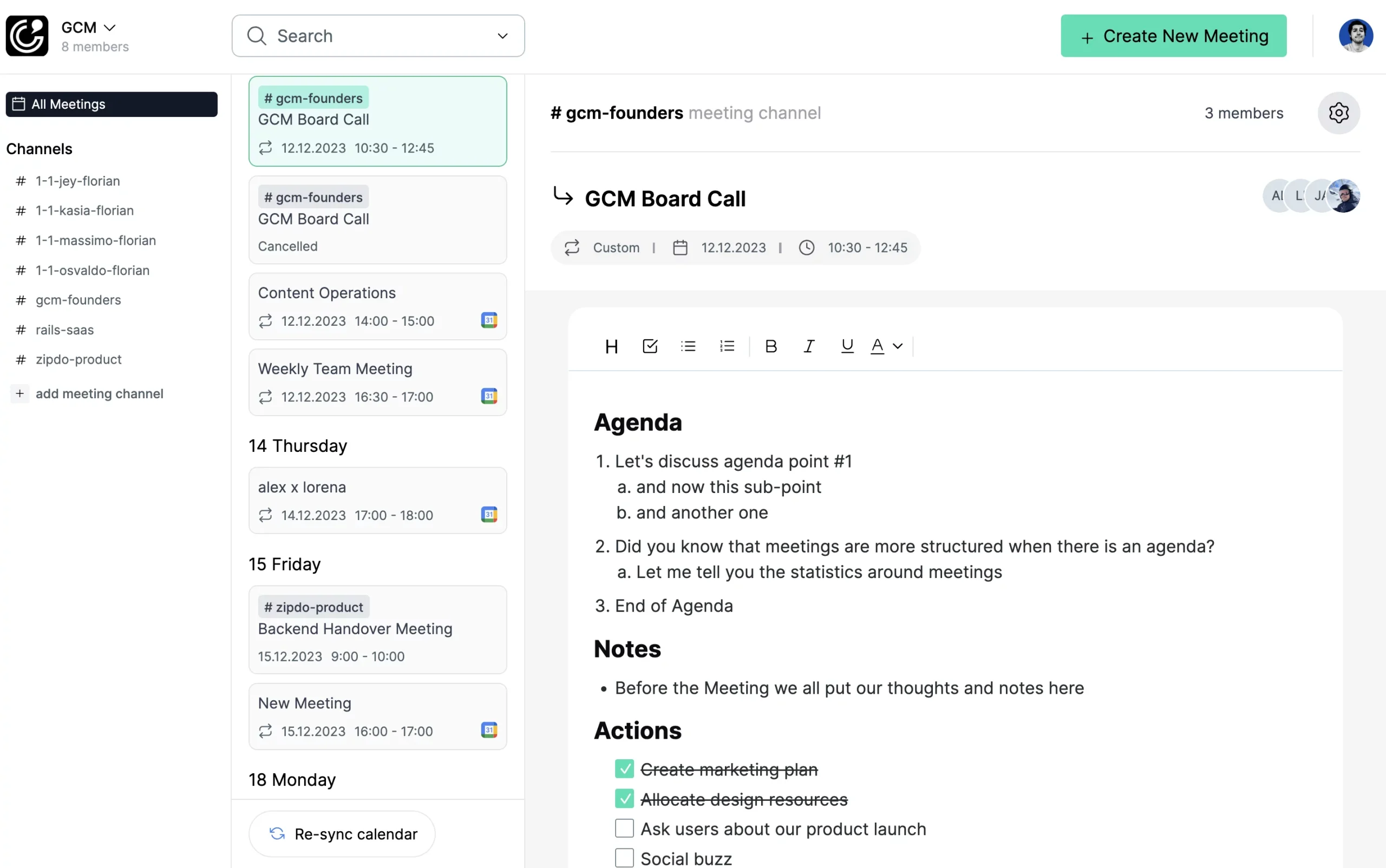The innovative cloud-based platform, ZipDo, significantly enhances the effectiveness of Meeting Scheduling and Planning Software by elevating the way in which meeting notes are captured, organized, and disseminated. With its impressive array of features, including real-time note-taking, collaborative editing, and integration with popular calendars and productivity tools, it’s vital for teams of varied sizes.
A groundbreaking feature of ZipDo is its ability to synchronize note-taking in real-time. This compatibility with Meeting Scheduling and Planning Software equips teams to maintain universal understanding during conferences, removing the hassle of manual documentation distribution. Upon the culmination of meetings, participants can edit or supplement the notes to maintain their relevance.
ZipDo further amplifies its utility by refining note categorization, making it simple to divide notes into distinct channels or folders – a feature that supplements the capabilities of your Meeting Scheduling and Planning Software. It also enables an efficient search of notes, avoiding time-consumption performed through exhaustive scrolling or manual lookups.
Furthermore, the platform guarantees your information’s safety during sharing, thanks to its granular access control which mitigates the security risks associated with sharing information with team members, clients, or business partners. The direct integration with calendars also facilitates the automatic generation of collaborative notes for every individual meeting, eliminating manual input.
In a nutshell, ZipDo builds on the functionality of Meeting Scheduling and Planning Software, delivering a user-friendly platform teeming with features that boost team productivity, collaboration, and project management. Its impressive blend of real-time note-taking, collaborative editing, organization, easy searching, and secure sharing capabilities makes it an essential tool to streamline meeting management and bolster the effectiveness of project progression.









